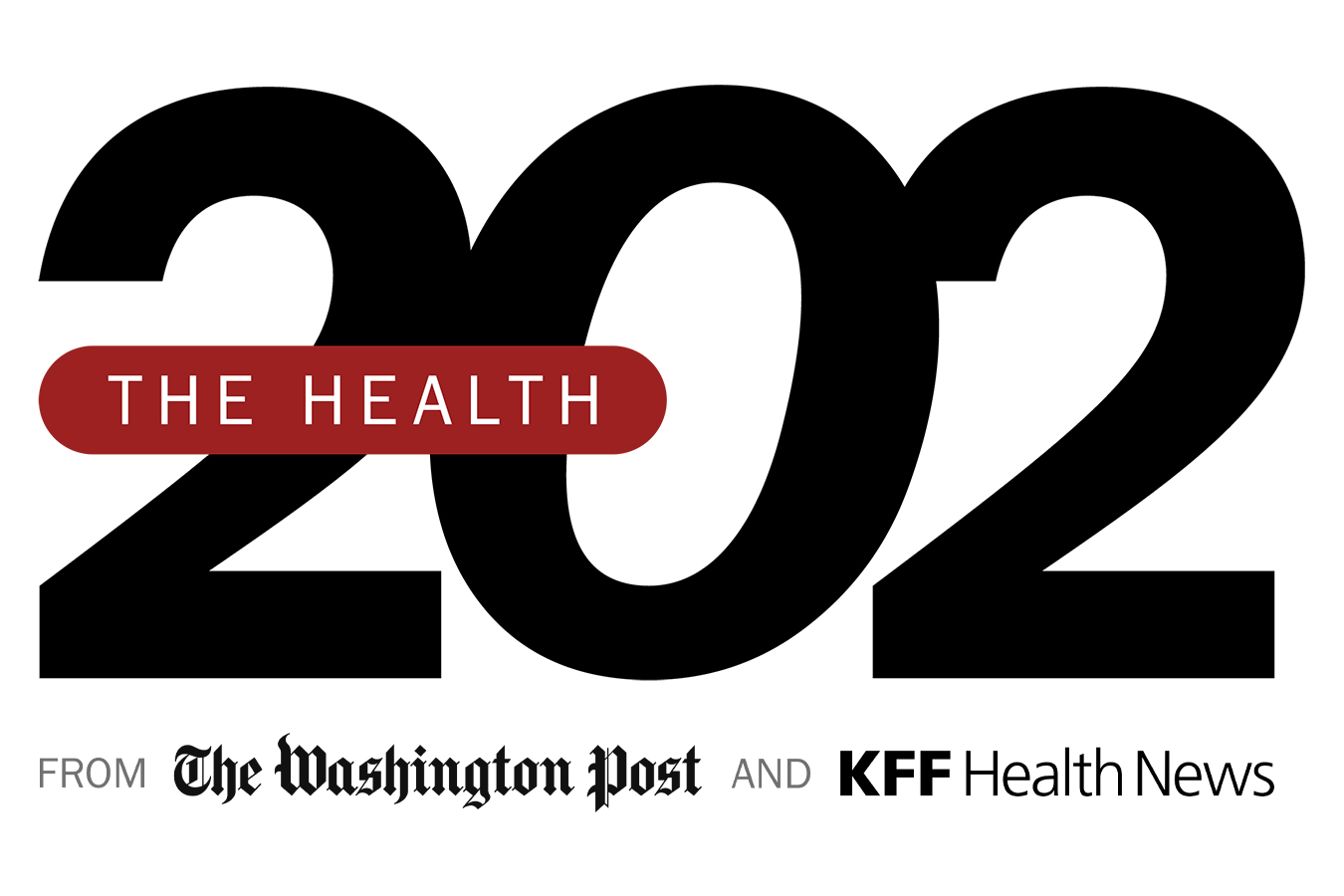It’s daggers out at the Federal Trade Commission in its fight against anticompetitive practices in health care.
This past year, it has issued more stringent guidelines to block and discourage hospital mergers, and it investigated practices by middlemen in the drug supply chain.
Now drug manufacturers themselves are in the agency’s crosshairs. In November, the FTC challenged the validity of more than 100 drug patents in the Food and Drug Administration’s “Orange Book.” It’s a novel attack on drug prices.
The Orange Book is where drug companies list patents, which they argue protect their products from competition.
Generic drugmakers seeking to make a copycat version of a branded drug generally have to first challenge its patents in court. But listing a patent in the Orange Book can trigger a 2½-year delay of FDA approval for a generic competitor.
Though there has long been a procedure to dispute the validity of Orange Book-listed patents, it’s seldom used. November’s action marks the first time the FTC has deployed this weapon, said Hannah Garden-Monheit, director of the FTC’s Office of Policy Planning.
- “We are using all the tools we have to bring down drug prices and reduce barriers to generic competition,” she said in an interview.
In what Garden-Monheit described as “a first salvo,” the agency sent letters to 10 drugmakers challenging patents that covered delivery devices for certain drugs. The FTC argues that patent law protects active ingredients in medicines, not delivery methods.
Inhalers for asthma and chronic obstructive pulmonary disease as well as EpiPens were among the targeted products.
“We thought, ‘How are these products still hundreds of dollars after all these years?’” Garden-Monheit said.
After an Orange Book challenge, companies have 30 days to withdraw or amend the patent, or prove it is valid.
The move is critically important because drugmakers frequently extend the 20-year patent protection for a drug by changing its delivery device or method. Instead of a pill, they develop a capsule. Instead of a dose every six hours, they create a longer-acting version. Sometimes they alter the process by which the drug is made — a “process patent.”
Each tweak gets a new patent in the Orange Book.
While a single patent once would cover a single active medicine, many drugs are now protected by over half a dozen patents or more — “patent thickets” — which pose obstacles to cheaper generics seeking to enter the market.
The pharmaceutical industry, naturally, is chafing at the FTC’s decision, saying drug companies are acting legally in listing these patents in the Orange Book, according to their interpretation of law. (It is already battling the Biden administration’s plan to negotiate prices of some drugs for Medicare patients.)
“The underlying statute is not clear about listing certain types of drug-delivery device patents, and the industry has long asked for the FDA to provide guidance,” Megan Van Etten, a spokesperson for PhRMA, the industry trade group, said in an email. “We’re disappointed that the FTC has characterized companies as acting inappropriately rather than help seek the clarity industry needs to ensure compliance.”
The agency’s letters have already produced some wins. After an FTC challenge, drugmaker GSK withdrew all patents on two popular inhalers for asthma, Advair and Flovent. Both delivered old off-patent medicines, yet nonetheless cost hundreds of dollars.
About 30 percent of the first round of warning letters resulted in companies voluntarily delisting patents from the FDA’s book, according to an FTC spokesperson. The FTC is considering how to go after those that ignored the letters and said in a November statement that it could “take any further action as needed in the public interest, which includes investigating the manufacturers’ conduct as a violation of FTC laws.”
But it’s a big job clearing out patent thickets. The Orange Book contains tens of thousands of listings. While the FTC has targeted delivery patents, it may next go after other types of patents that it feels are unjustified.
“We are taking a close and active look at this,” Garden-Monheit said. “Companies who haven’t received a letter from us challenging a patent shouldn’t think they’re off the hook.”
This article is not available for syndication due to republishing restrictions. If you have questions about the availability of this or other content for republication, please contact NewsWeb@kff.org.


